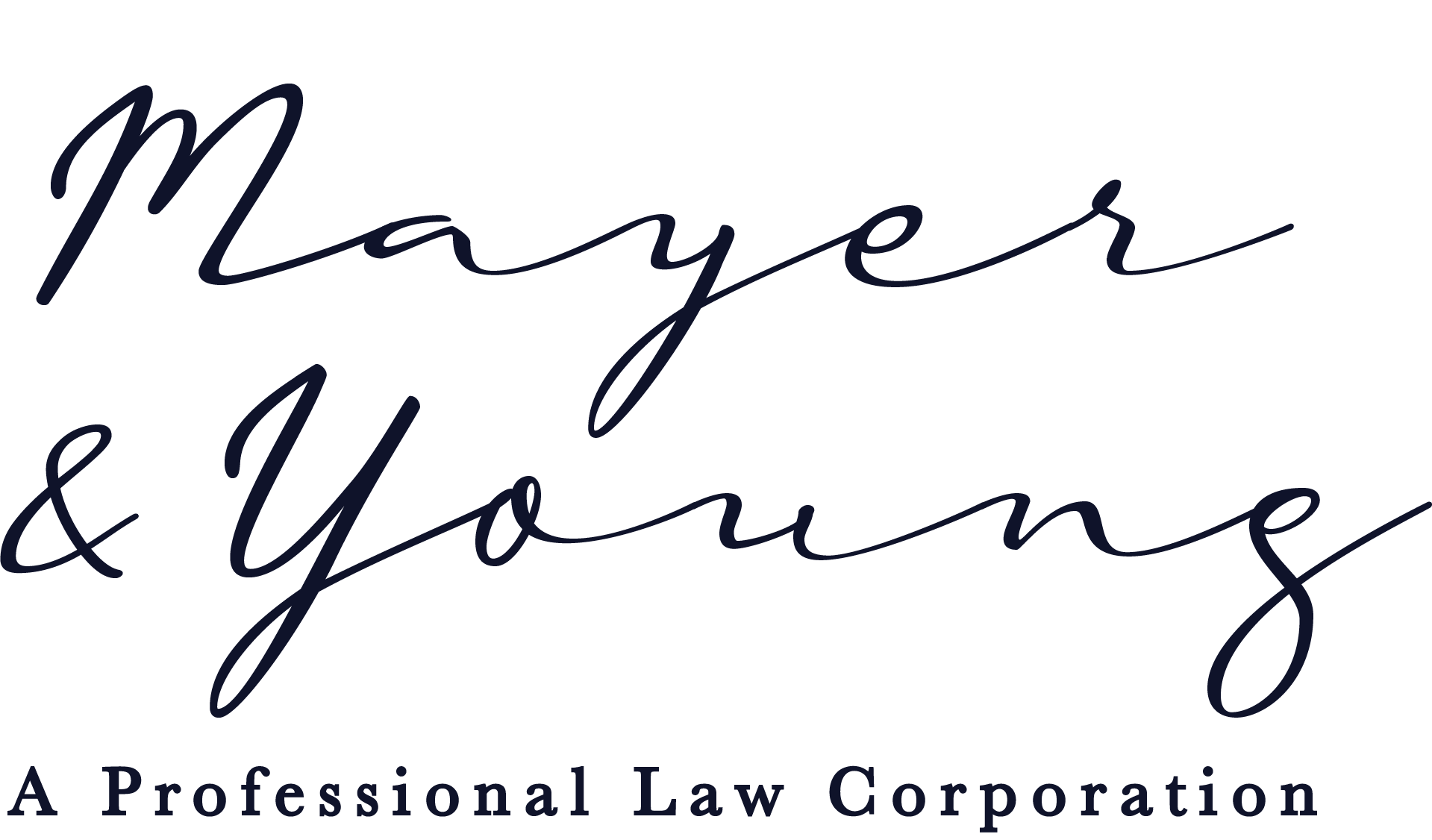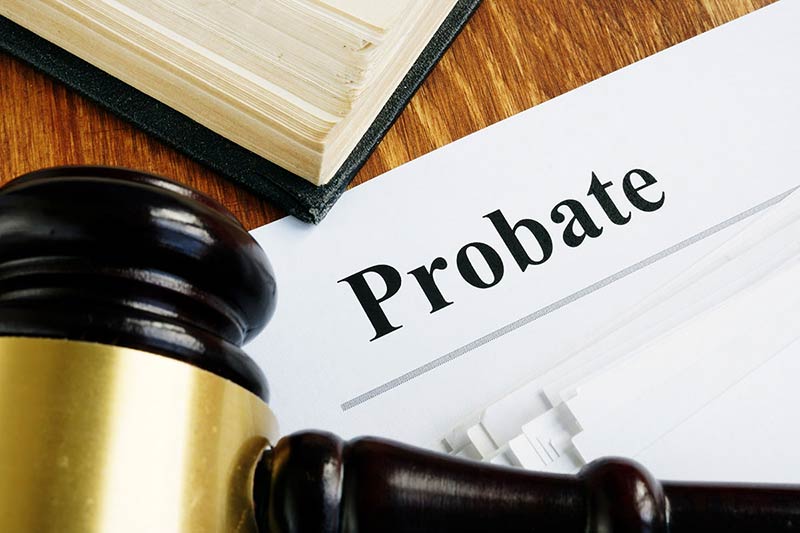The process of planning for the distribution of a person’s assets after their death is known as estate planning and there are many options to consider when deciding what will work best for you.

At the law office of Mayer & Young, PC we will help you arrange your affairs in a way that that meets your unique objectives. Many people believe that as long as you write down where you want your money to go after you die, your loved ones will be all set. Unfortunately, that is not always the case. The process of deciding how your property is divided can be confusing and time-consuming. If you accidentally make a mistake, this may leave your loved ones to navigate the court’s complex probate system alone.
The Folsom estate planning attorneys at Mayer & Young, PC, will sit down with you during your consultation and provide you with options for creating an estate plan that will meet your individual needs.
A will is the foundation to any estate plan and is essential to ensuring that your assets are passed down the way that you want them to be. A will can be used to simply link to your trust, this is known as a pour-over will, or it can stand alone and dictate how your property is divided.


Creating a trust prevents the contents of your estate from going through the public probate process and it gives your family additional tax protection to safeguard their inheritance. A trust can also be used for purposes of qualification for public benefits such as Medi-Cal. Many people appreciate the private nature of a trust, especially when leaving money to care for a special needs individual or when disinheriting someone.
Through an Advance Health Care Directive, you are able to direct another person to make medical decisions for you when you are incapacitated. This document specifies your exact wishes, including whether you want to use extraordinary measures to prolong life, or if you intend to donate your organs. An Advance Health Care directive not only offers you peace of mind, but also helps your loved ones by not requiring them to make this difficult decision without your input.


A power of attorney is a document through which you designate another person, or agent, to act on your behalf in very specific situations. This document is used in circumstances where a health care decision must be made or a financial transaction completed, but you are incapacitated or unavailable to handle the matter yourself. Once you have given a power of attorney to someone, you may later revoke it.
If you are a parent, you know that just the thought of deciding who will care for your minor children after you are gone is extremely difficult. Imagine if you did not have any say in the matter because you never created an estate plan designating a guardian for your children. As part of our comprehensive estate plan, we offer a safeguard plan for your children to help prevent uncertainty in the event of a tragedy.




